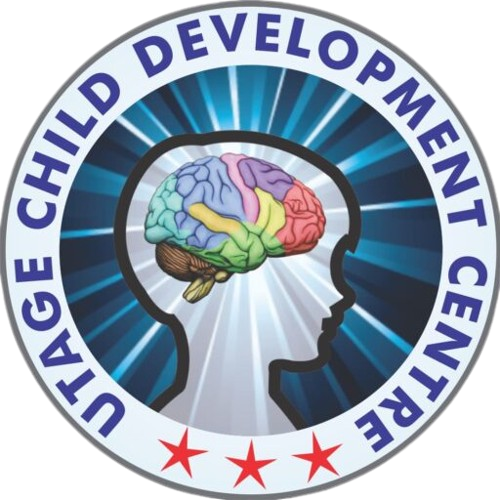What are Tourette Syndrome and Tic Disorders?
Tourette Syndrome and Tic Disorders are conditions that affect movement and speech in children. These disorders cause sudden, repeated movements or sounds called tics. For example, a child may blink, shrug, or make noises without meaning to. While these conditions can seem worrying, most children with tics lead healthy lives. According to the CDC, Tourette Syndrome is a type of tic disorder that usually starts in childhood. Pediatric tic disorders include both Tourette Syndrome and other tic conditions.
Common Symptoms and Types of Tics
Children with Tourette Syndrome and Tic Disorders show different symptoms. However, all tics are sudden and hard to control. There are two main types:
Usually, tics can be simple or complex. Simple tics are quick and involve one group of muscles. Complex tics involve several muscle groups or words. Sometimes, tics get worse with stress or excitement. But they may get better when a child is calm or focused.
Causes and Risk Factors
Doctors do not know the exact cause of Tourette Syndrome and Tic Disorders. However, research shows that both genes and the environment play a role. If a parent or sibling has tics, a child is more likely to have them too. In addition, certain brain chemicals, like dopamine, may be involved. Sometimes, infections or stress can trigger or worsen tics. But most children develop tics without a clear reason.
How Tourette Syndrome and Tic Disorders are Diagnosed
Doctors diagnose Tourette Syndrome and Tic Disorders by looking at symptoms. There is no single test for these conditions. Instead, a doctor will:
For Tourette Syndrome, a child must have both motor and vocal tics for at least one year. Sometimes, doctors may order tests to rule out other problems. But most of the time, a careful exam is enough.
Treatment Options for Tourette Syndrome and Tic Disorders
Not all children with tics need treatment. Many tics are mild and do not cause problems. However, if tics bother a child or affect daily life, treatment can help. Options include:
In many cases, doctors and families work together to choose the best plan. Treatment for Tourette’s is tailored to each child.
Tips for Parents and Caregivers
Parents and caregivers play a key role in managing tics in kids. Here are some helpful tips:
With support, children can feel more confident and less stressed.
Prevention and Prognosis
There is no sure way to prevent Tourette Syndrome and Tic Disorders. However, early support and treatment can help children manage symptoms. Most children see tics improve as they grow older. For many, tics become less noticeable in the teen years. With the right care, children with pediatric tic disorders can lead happy, active lives.
When to Seek Help
If you notice tics in your child, talk to a doctor. Early diagnosis and support make a big difference. Remember, you are not alone. Many families manage tics in kids every day.
Consult a pediatric specialist for personalized advice on Tourette Syndrome and Tic Disorders.

